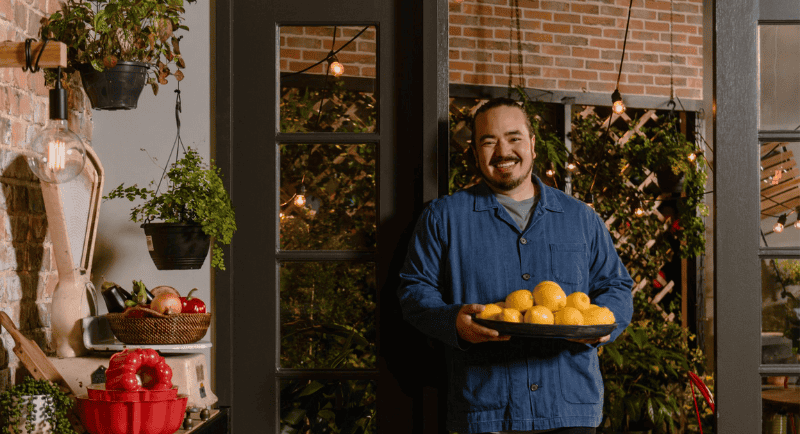SBS has become the first broadcaster to measure the carbon footprint of a television program’s production through Sustainable Screen Australia.
The Cook Up with Adam Liaw had its carbon footprint validated by the ‘Albert calculator’ – a tool to calculate and validate greenhouse gas emissions – via Sustainable Screen Australia, of which SBS is a founding member.
SBS director of television, Kathryn Fink, said: “At SBS, we have ambitious plans in sustainability and are committed to ensuring they are credible, sound and have meaningful third-party validation which the albert calculator provided.
“The Cook Up with Adam Liaw recorded emission levels below international industry averages, demonstrating the work being done both behind and in front of the camera to lead in sustainability.
“Not only does the show itself value and celebrate sustainable food and cooking practices, but our production crew have also made impactful changes to catering and transportation to minimise our carbon footprint.
Insight and Going Places with Ernie Dingo will be the next two shows to have their footprints measured.
“This is an important first step for this show and others to minimise emissions in production and set up the blueprint for our next shows in this process,” Fink added.
SBS has also initiated the process of submitting its net zero targets to be validated by the global standard Science Based Targets Initiative (SBTi), the internationally recognised standard for science-based greenhouse gas emissions targets. The SBTi will audit the broadcaster’s decarbonisation modelling to ensure it aligns with the latest science.
Also coinciding with Earth Day, SBS Audio will launch the first two episodes of its new podcast Everything We Need, which explores how regional communities are meeting the challenge of climate change.
From dust storms that completely darken towns in the middle of the day to extreme bushfire risk, the six-part series speaks to people experiencing the harsh realities of climate change.
At its 2024 Upfronts in October, SBS made several sustainability announcements, including that it had achieved net zero on its direct emissions (covering Scope 1 and 2) and that it was also setting up a target to reach net zero by 2045 across all three scopes, including its supply chain.
See also: ‘More relevant than ever’: Living Black returns for 31st season on NITV and SBS
